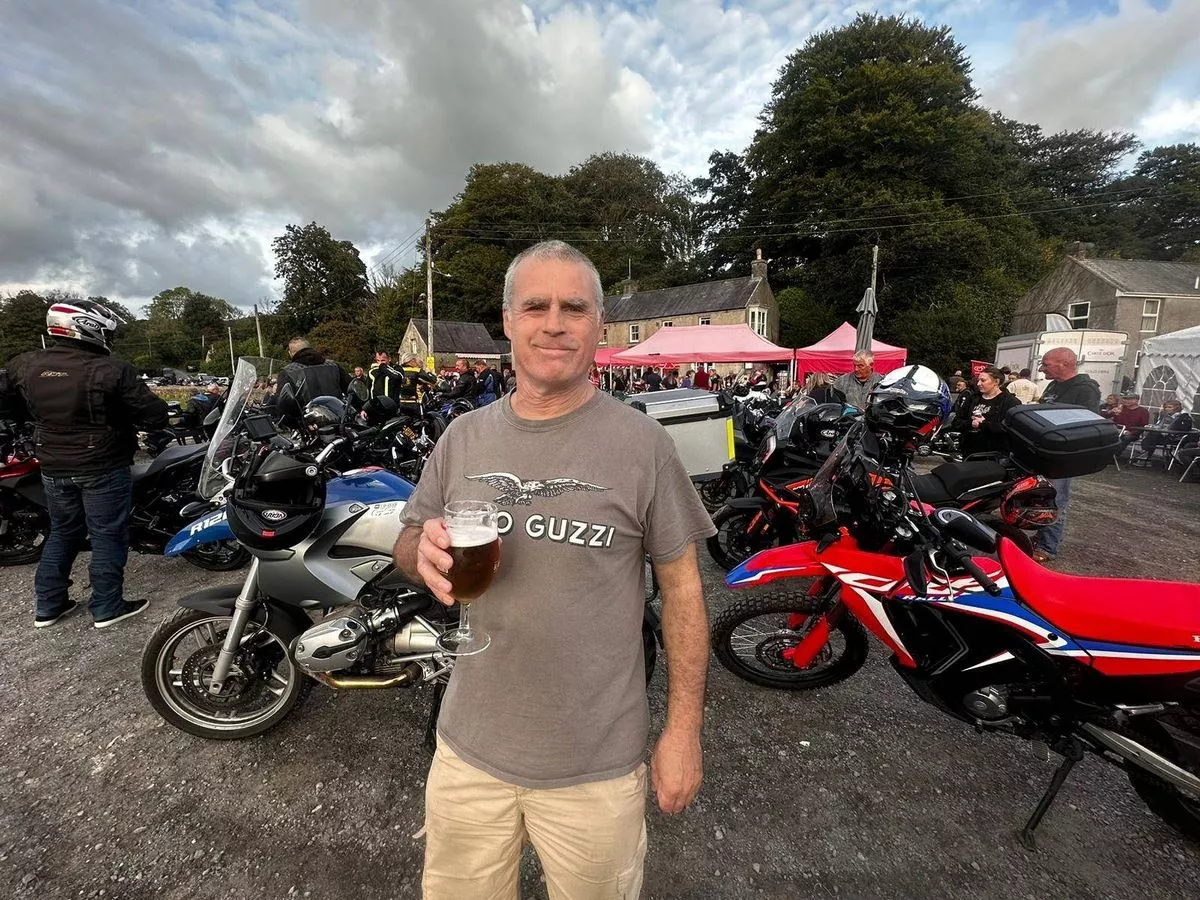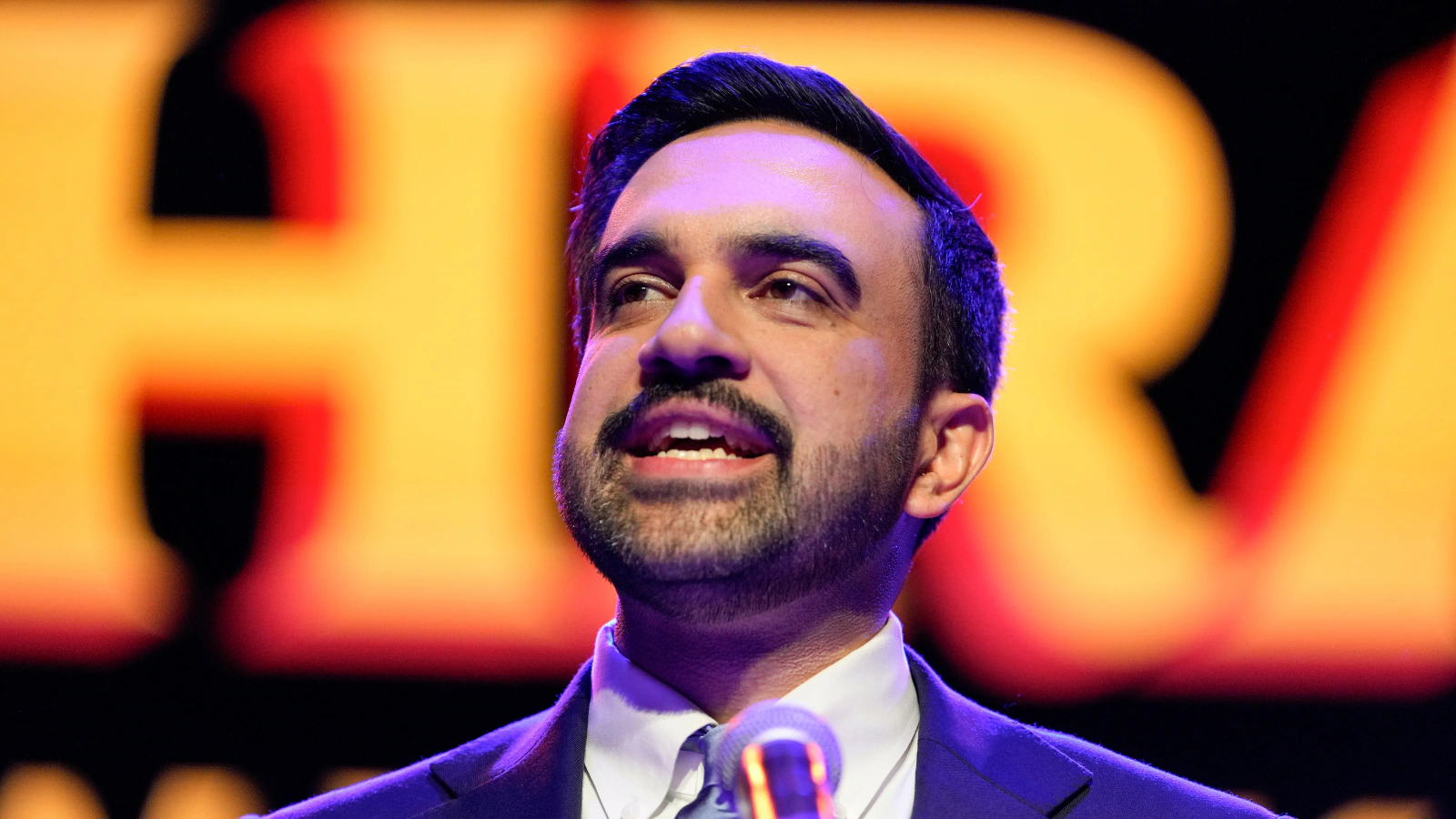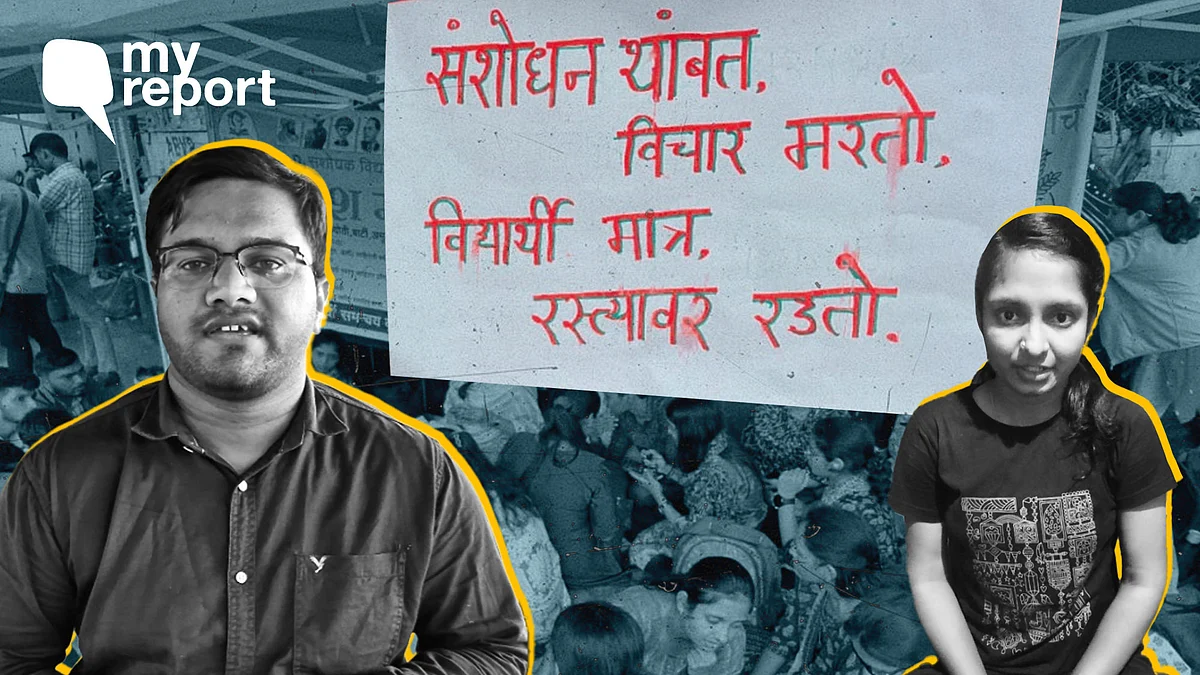Copyright dailyrecord

A man from west Wales was discovered collapsed on his bathroom floor by police who later realised he'd been lying there for four days. Mark Causey, 61, from Kilgetty in Pembrokeshire, had dropped his wife Rosalind off at her mum's home in Margam for a few days and he returned home alone where he had planned to have a normal week doing some DIY. But Rosalind said she had sensed something was amiss when Mark had failed to contact her. Using the webcam they'd had installed in the house in Kilgetty via her phone, Rosalind could see on the recordings how her husband had been " dishevelled and staggering " around the house and after that she couldn't see him on the recordings at all. She recalled: "Mark had driven me to my mum's home in Margam village as her health was declining and he returned home to do some DIY. I became very worried on the Friday, I couldn't reach him. "I checked our webcam and saw the previous Monday's footage captured him looking dishevelled and staggering. Then there was no more movement, anywhere at home, something was wrong. "I called the police to do a welfare check. When they broke in they found Mark collapsed on the bathroom floor. He'd been there for four days", reports Wales Online . When paramedics arrived Mark was semi-conscious and severely dehydrated. He was rushed to Withybush General Hospital where a CT scan revealed lesions on his brain. Rosalind said: "As a nurse I knew immediately that wasn't good. When they said 'lesions' my heart sank. I thought it could be a stroke or cancer." Mark also suffered kidney failure due to dehydration. He was given high-dose steroids to reduce brain swelling and slowly got back some movement. Amazingly, things were at one stage looking positive for Mark despite his ordeal. After three weeks in hospital he was sent home. However, days later he was called to attend an outpatient appointment at Singleton Hospital in Swansea where the neurological team broke the devastating news. He was diagnosed with glioblastoma, the most aggressive form of brain cancer. Rosalind shared: "The consultant then told us that surgery or a biopsy wasn't possible because the tumour had spread with spider-like tendrils throughout his brain. They said that Mark only had eight to 12 weeks to live. "We were numb. Mark kept saying they had to be wrong, he was determined to fight. Mark wanted more than anything to be well enough to ride the motorcycle he spent months restoring." Mark was given chemotherapy, though without a biopsy it was unclear if the tumour would respond. Despite his determination and brief improvement, a follow-up MRI showed the tumour had doubled in size. "We were devastated," said Rosalind. "He'd been walking again, first making it from the house to the garden gate, then he walked further afield to attend a bike night at our local pub. But the tumour was so aggressive. We looked into private hyperthermic therapy in London, which uses heat to kill cancer cells, but it was too late. His cancer was too extensive and too fast-growing." Mark, a passionate runner and motorcycle lover, had completed several marathons and devoted countless hours to restoring bikes in his garage. Despite his declining condition, he refused to give up the fight. Rosalind said: "Mark didn't want to talk about dying. Watching him fade was heartbreaking. Sometimes I'd go into the garden to water my tomatoes so he wouldn't see me cry. He always asked for the first ripe one." Mark died in September 2024 surrounded by his family at home. His funeral celebrated his love of motorbikes, with his coffin carried on a motorcycle hearse, followed by over 100 bikers from the local community. To honour his memory, Rosalind is now joining forces with Brain Tumour Research to tackle their 99 miles in November challenge, hoping to raise vital funds for discovering a cure for brain tumours.



